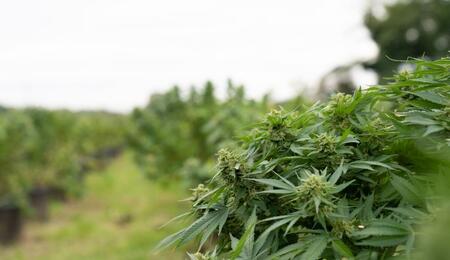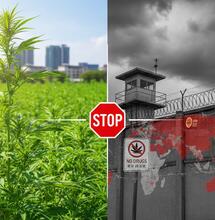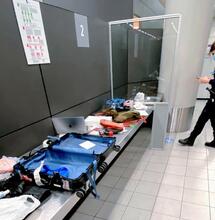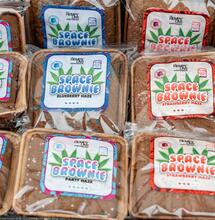THC Inflation is a Big Problem!

THC inflation has sent rattles around the legal cannabis sector. Industry insiders believe that we are just beginning to see the real impact of inaccurate testing in marijuana flower and other potency products. California appears to be leading the way for others to fix this growing issue. More than two-thirds of cannabis testing labs in the Golden State were not given the green light to proceed with work at the start of 2024.
The talk is everywhere that marijuana labs routinely distort THC data. THC potency of marijuana flower sold in legal shops across multiple states appears to have been systematically inflated, in some cases for more than 20%. In addition, contaminated products supposed to have been discarded for failing on tests might still end up in the retail chain.
Even scientists are worried, saying that certain percentages of THC are not botanically possible. Cultivars that show above 30% in lab tests are extremely rare, and when they dominate the offer—it could be a red flag.
The inflation phenomenon is driven by lack of regulation and protocols, and also by a huge demand for strains high in THC content. Therefore, it’s not only labs where the problem lives. Consumer mindset and manufacturers that try to meet their demand are also part of the trouble.
If weed manufacturers are manipulating the samples they submit to labs, why should we even blame the labs for getting test results that are not reflective of the actual batch?
Of course, asking manufacturers to police themselves would not be an option. It’s the job of regulatory bodies to establish sample selection methodologies. But regulators, in general, have been slow to act. Perhaps until now.
California Took Licenses of Dozens of Labs
While the THC inflation problem spreads in multiple directions, you gotta start somewhere. California is among the first to take specific action to tackle the issue.
The Golden State had 37 active cannabis testing laboratories in 2023. However, only 12 labs started the new year with permission to work, according to a report from MJBizzDaily. California state regulators believe that only those 12 labs are currently compliant with a recent state legislation which introduced standardized methods to test marijuana products for THC contents.
California is the biggest legal cannabis market, bigger even than the Canadian market. Annual marijuana sales in the Golden State are estimated at $5 billion. It’s only right to ask how can the market be supported with only one-third of labs currently able to test cannabis flower or pre-rolls?
Regardless, a spokesperson from the California Department of Cannabis Control has said that any lab that tested flower while not in compliance could face consequences.
The measure does not affect produce that is already on California’s dispensary shelves. Rather, it aims for a long-term correction and activating a system where it’s more difficult to cheat what’s in a weed bud.
Other jurisdictions may soon follow California’s example in tackling THC inflation. Having a standard protocol for determining potency in cannabis products could certainly help control such a lingering and far-reaching problem.
But so must the craze for super potent THC strains to stop. Many consumers currently have the wrong idea that strains with the most THC in them are the best strains. Which is not quite right, and it might even be dangerous. Especially since it narrows the possibilities for creating marijuana varieties with other important genetic traits that do not necessarily relate to potency.
Also read on Soft Secrets:
- What Special Cannabis Plants Are There?















